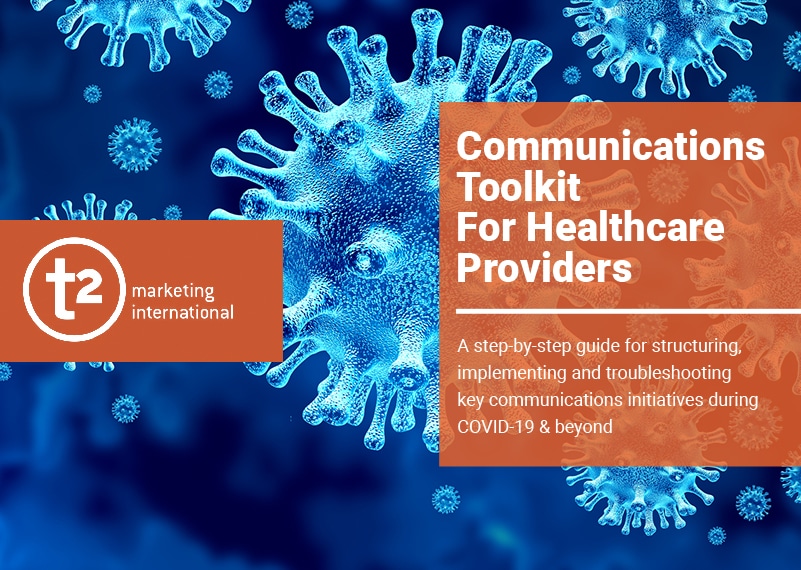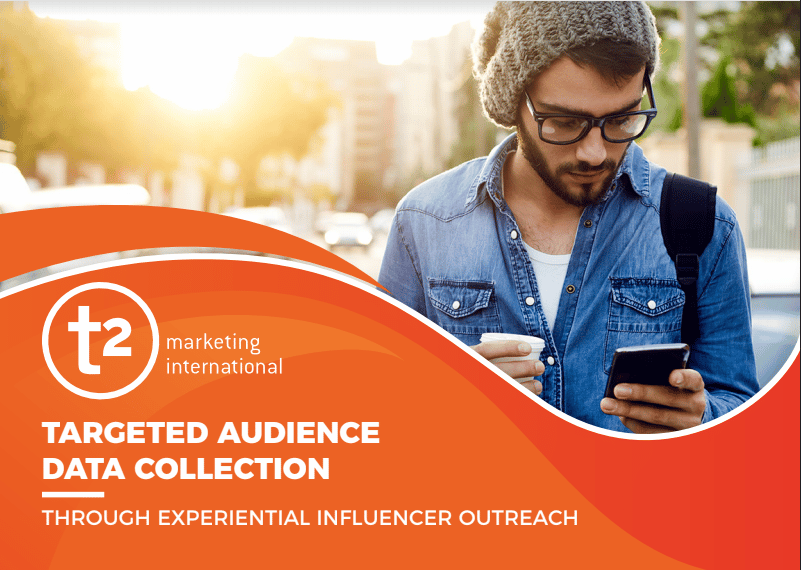Daily Minute Master Series – October 30, 2019
Social Media
Facebook Won’t Stop Lies in Political Ads – Here’s What it Should do Instead
Facebook has been under fire in recent weeks over its decision to exempt political ads from its fact-checking process and rules, which essentially means that politicians will be able to run ads on the world’s largest social media platform and say pretty much whatever they want. That could enable candidates to amplify the reach of lies and rumors – which some are already doing – and potentially manipulate voters and influence critical votes. So in all other instances, Facebook would ban ads found to be spreading false or misleading claims. But for political ads – within which false claims arguably have the most impact – Facebook will not check, and will not censor them, at all. Some have suggested that Facebook should ban political ads outright, which might work – but again, as Facebook says, where do you draw the line? And if Facebook isn’t willing to do that, isn’t willing to mark a threshold of what’s acceptable, then providing better tools for educating users as to how they could be being targeted, and giving them some alert on potentially questionable claims, seems like a better compromise than doing allowing a free-for-all.
For the full article click here
Marketing
Parse.ly looks to solve content marketing attribution challenges
Content marketing and analytics provider Parse.ly has rolled out the first generally-available release of Parse.ly Conversions. The solution seeks to help marketers address content attribution challenges of conversion reporting. It allows users to select different attribution models for assigning credit to content. The release also includes features such as labels that can be applied to categorize conversion actions. Determining how and which content is contributing to conversions is a challenge for many marketers. Some even have teams dedicated to stringing together data to understand the impact content has on their businesses. As marketing campaigns become more complex and spread across multiple channels — and create data siloes — it can become unclear as to what content or touchpoint actually drives conversions. Parse.ly’s conversion report aims to provide clearer insight into how users interact with a brand’s content, from a high-level overview of all conversions to a detailed breakdown of its content performance and top referral sources.
For the full article click here
42% of shoppers will buy most (or all) of their holiday gifts on Amazon, survey finds
About 42% of holiday shoppers will buy most or all their gift purchases on Amazon this year, according to a global survey of 4,500 shoppers in the U.S., U.K. and several other countries. During holiday shopping, 32% of consumers will start on Amazon, followed by Google (18%) according to the survey. Episerver adds that social media will play “a larger role than ever in influencing product purchases this holiday season,” pointing out that social media traffic to e-commerce websites has doubled in the first half of 2019 vs. 2018. Specifically, Episerver argues influencer marketing will have a tangible impact retail sales, finding that 52% of shoppers have clicked on influencer posts. Only 23% percent of survey respondents said they don’t follow influencers. The report also says the top three communication channels consumers are most receptive to are email, social media and “a brand/retailer’s mobile app,” The report emphasizes being “customer-centric,” which extends to the holistic customer experience. Amazon offers massive inventory, speed and convenience. That’s very challenging to compete with.
For the full article click here
SparkPost acquires eDataSource, adding inbox insights to its email platform
Email marketing platform SparkPost has announced plans to purchase reputation management, email deliverability and analytics provider eDataSource. The acquisition is expected to provide SparkPost and eDataSource customers the combined abilities to create, send and measure email performance and inbox placement analytics. The announcement also included plans to launch new capabilities, including automatic seeding and real-time blacklist alerting. Integrating deliverability insights into the platform could have a strong impact on email marketers’ understanding of deliverability. With one in five emails never reaching the intended inbox, the integration between SparkPost and eDataSource could signal a coming change in how we can leverage martech and data to better understand and manage our relationships with subscribers.
For the full article click here





